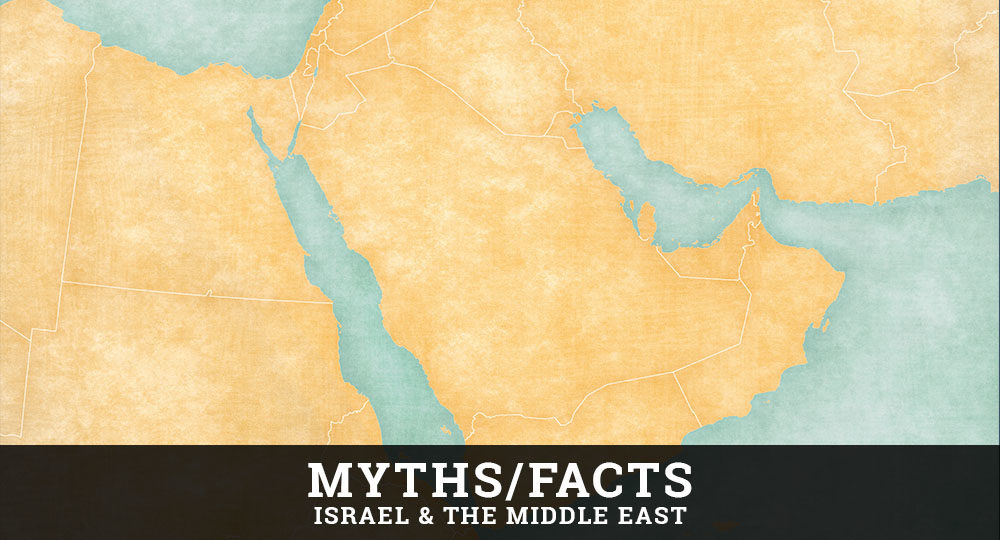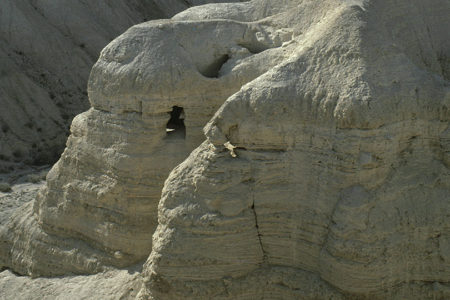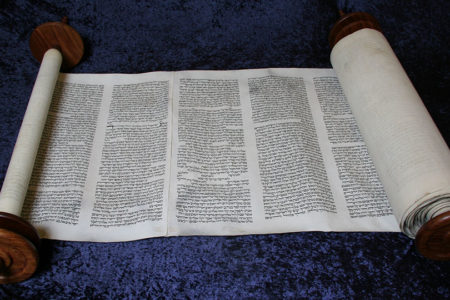Myths/Facts: Israel & the Middle East Jan/Feb 2006
Myth: Egypt is no longer a military threat since signing a peace treaty with Israel.
Fact: While Egypt remains formally at peace with Israel and honors its Camp David commitments, Cairo has nevertheless amassed a substantial offensive military capability in recent years. Prudent Israeli military planners have no choice but to carefully monitor Egypt’s buildup in case regional events take a dramatic turn for the worse. If the present regime in Cairo were overthrown, for example, the prospect for continued stable relations with Israel would diminish substantially.
Despite its status as a U.S. ally, Egypt has purchased Scud missiles from North Korea and is believed to possess chemical weapons (Center for Strategic and International Studies, United Nations [UN] Institute for Disarmament Research). Its army, air force, and navy now field a wide range of the most sophisticated Western arms, many identical to Israel’s own weapons. In 2003, for example, Egypt requested F15 jets armed with JDAM (joint direct attack munition) “smart” bombs. These sophisticated weapons were used by U.S. forces in the 2003 war with Iraq.
Such sales are a matter of concern for Israel because the principal threats faced by Egypt today are internal ones. No nation poses any danger to Egypt. So why has Egypt been spending billions of dollars to amass an arsenal that includes 3,000 tanks and more than 500 aircraft, especially when it has serious economic problems caused in large measure by an exponentially growing population that does not have enough food, shelter, or employment?
If Egypt’s military simulations are any indication of the regime’s thinking, Israel has good reason to worry. Egyptian forces have staged large-scale military training exercises that included simulated operations crossing into the Sinai against an unnamed adversary to the east (i.e., Israel). In fact, Israel is the “enemy” in all of Egypt’s war games.
In December 2003, Israel protested Egypt’s use of unmanned aerial vehicles, drones, to spy on Israeli military facilities. Israel reportedly threatened to shoot down the drones whose flights violate the peace treaty and prompted increased concern over Egypt’s military buildup (Jerusalem Post, December 21, 2003).
Israel is also worried about the looming succession crisis in Egypt. President Hosni Mubarak is 77 and has been the nation’s ruler since Anwar Sadat’s assassination in 1981. No one knows who will follow Mubarak. Given the strong Muslim fundamentalist movement in the country and the antipathy of the military toward Israel, it is by no means certain that Mubarak’s successor will maintain the “cold peace” that has prevailed now for nearly 30 years.
From Myths & Facts Online—A Guide to the Arab-Israeli Conflict by Mitchell G. Bard www. JewishVirtualLibrary.org.
Used by permission.







